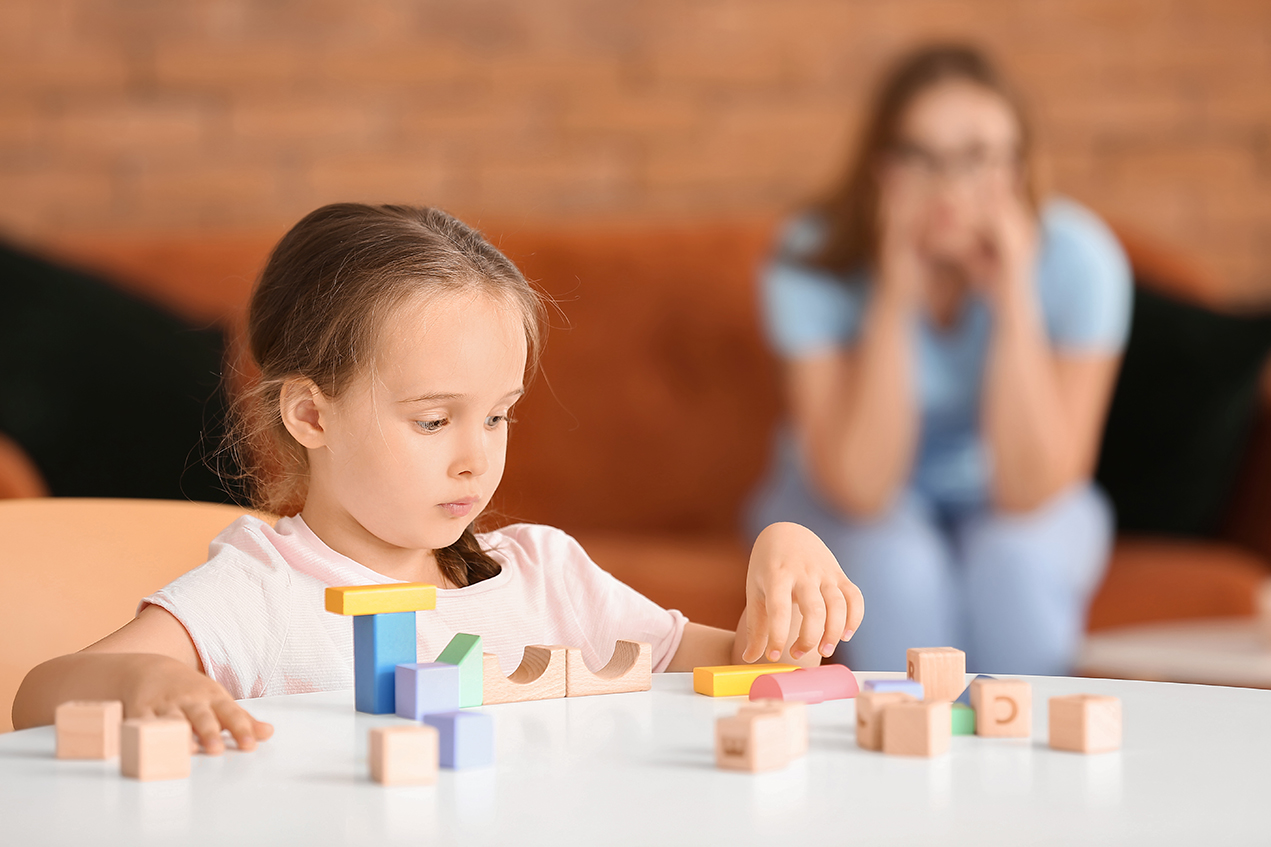The effectiveness of telehealth for children on the spectrum relies on a strong clinician and patient relationship, but it hinges on family involvement and the clinic’s infrastructure. Due to an increased need for teleheath due to COVID-19, researchers from USC Chan’s Disparity Reduction and Equity in Autism Services (DREAmS) Lab have explored the resulting barriers — as well as possible benefits — that children with autism now face in getting the interventional therapies they need.
The study’s findings — published in the Occupational Therapy Journal of Research — contribute to the growing body of literature for best practices regarding the support of children with autism and their loved ones.
Directed by Amber Angell, PhD, the DREAmS Lab focuses on understudied and underserved groups of individuals on the autism spectrum, including Latinx children, girls, and adults. Its overarching purpose is to reduce disparities in autism diagnosis and services.
To read the full story, click here.


